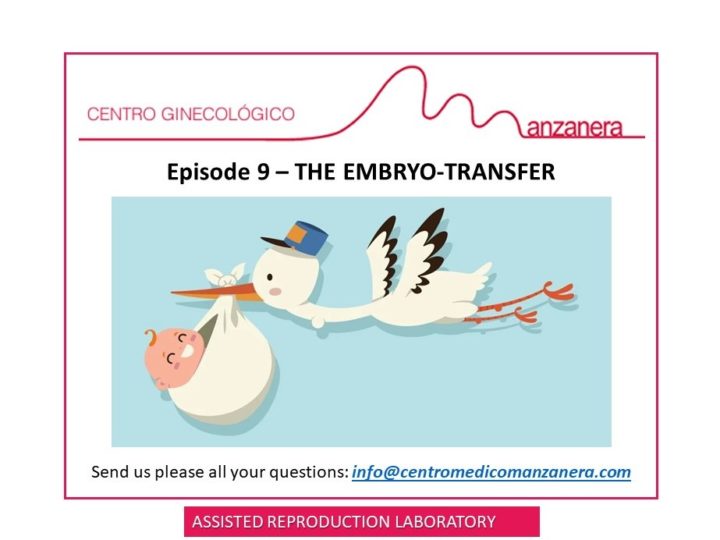Although some techniques have been introduced in the last decades to improve the results of in vitro fertilization (IVF) and egg donation, the rate of pregnancies and newborns has increased (being currently between 40 and 50%) but there is still a long way to go until getting pregnancies that reach 90%.
The greatest progress achieved in both IVF and Ovodonation has been in ovarian stimulation, with increasingly effective and safe preparations and in the field of the embryology thanks to monitoring the development of the embryos which facilitate the increase and effectiveness of these techniques.
Much has also been done to avoid ovarian hyperstimulation syndrome (OHSS) in IVF. It has been possible using pharmacological preparations that minimize this complication and thanks to the important progress of the vitrification of eggs and embryos, which enable to delay the embryo-transfer in the cycle that could lead to hyperstimulation, without reducing the pregnancy rate.
However, there has not been many progresses in improving endometrial receptivity, and thus increase embryo adhesion to the endometrium.
In order to improve the receptivity, there is a technique called scratching or endometrial injury, that causes intentional damage of the endometrium, through biopsy, curettage or hysteroscopy that can increase the number of pregnancies, when performed in the previous cycle of the embryo-transfer.
Even if the mechanism of action of this technique is not known exactly, it is assumed that improves the endometrial decidua and cytokine secretion, which leads to a higher rate of implantation.
Several publications using this technique improved live birth rates, from 29 to 49%. Therefore, it is recommended to take it into consideration in both IVF and egg donation especially when there has been a previous failure.
Dr. Gregorio Manzanera




